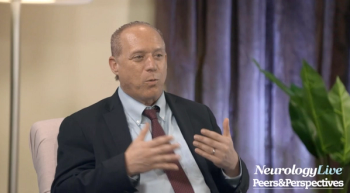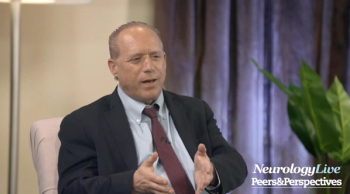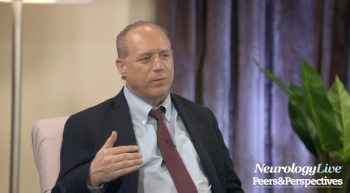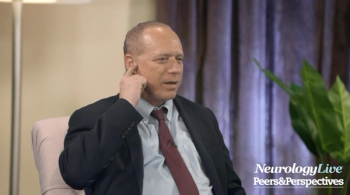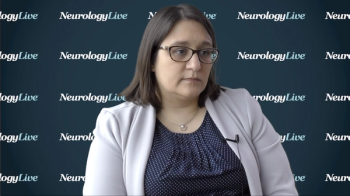
The associate professor of neurology and director of the Women With Epilepsy Program at Northwestern University Feinberg School of Medicine spoke about the evolving landscape of the use of genetic tools in epilepsy.

The associate professor of neurology and director of the Women With Epilepsy Program at Northwestern University Feinberg School of Medicine spoke about the evolving landscape of the use of genetic tools in epilepsy.
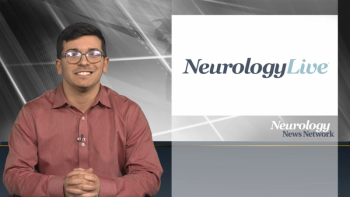
Neurology News Network for the week ending February 15, 2020.
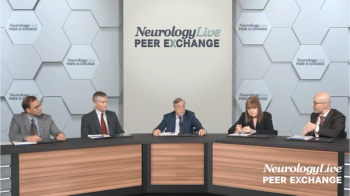
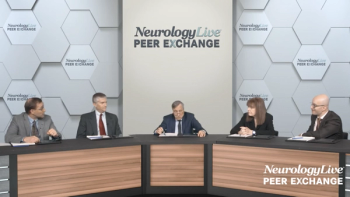
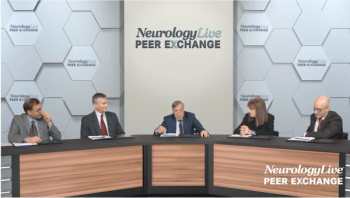
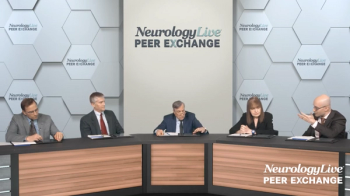
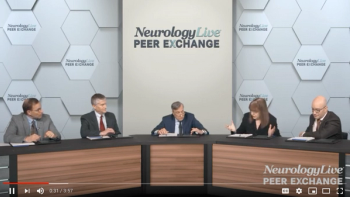
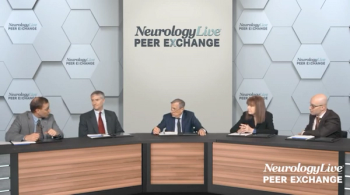
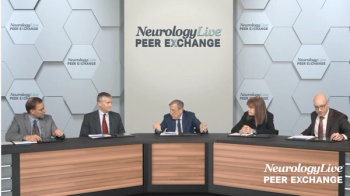
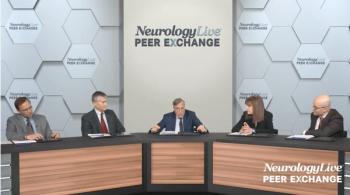
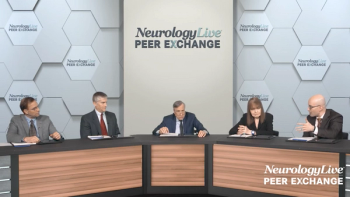
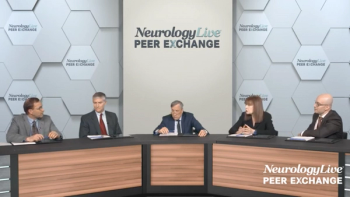
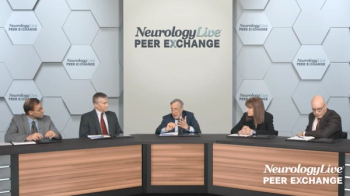
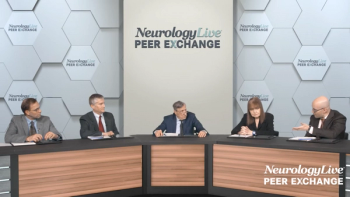
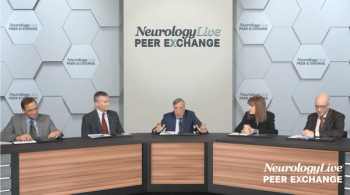
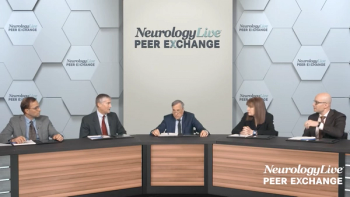
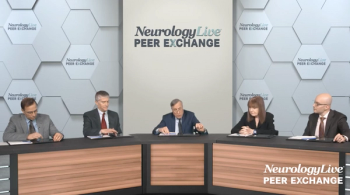
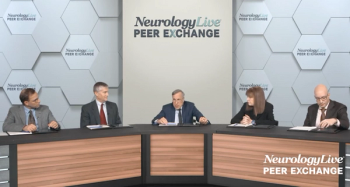

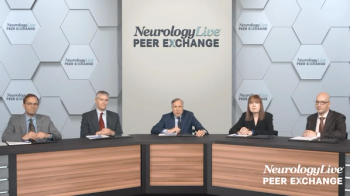
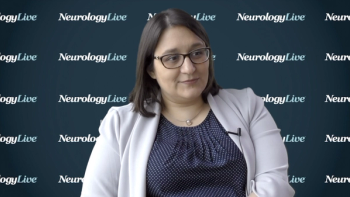
The associate professor of neurology and director of the Women With Epilepsy Program at Northwestern University Feinberg School of Medicine discussed the use of genetic testing in the adult epilepsy population.
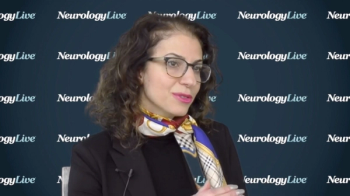
The professor of neurology and epilepsy specialist at the Cleveland Clinic Lerner College of Medicine discussed the difficult treatment decisions faced when undergoing epilepsy surgery.

The associate professor of neurology and director of the Women With Epilepsy Program at Northwestern University Feinberg School of Medicine discussed the use of genetic testing in the adult epilepsy population.
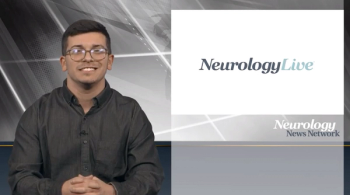
Neurology News Network for the week ending February 8, 2020.
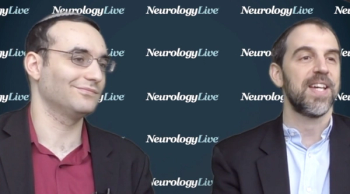
The director of the Pediatric Epilepsy Program and an MD candidate at Weill Cornell Medicine detail the steps needed to take to improve outcomes in status epilepticus.
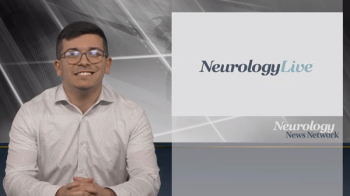
Neurology News Network for the week ending February 1, 2020.
